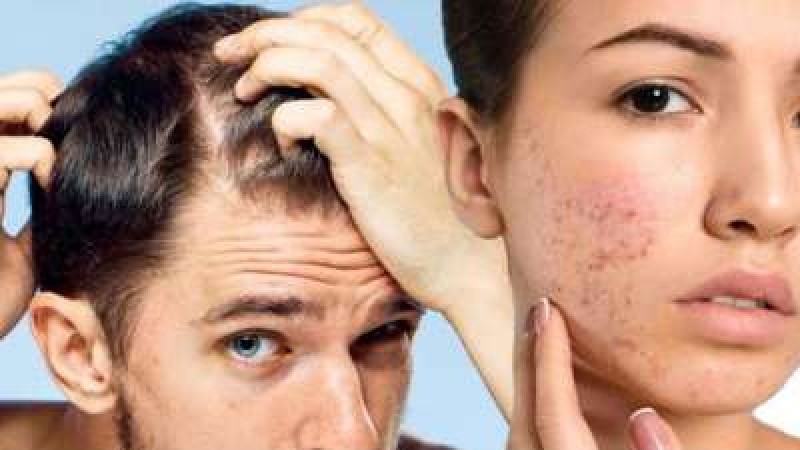
Zinc is a vital mineral that plays a crucial role in various bodily functions, including supporting the immune system and maintaining healthy skin. When the body lacks an adequate amount of zinc, it can lead to several adverse effects, manifesting in various symptoms, particularly concerning the skin and immunity. Understanding these symptoms is essential for recognizing and addressing potential zinc deficiencies promptly.
Zinc is an essential micronutrient involved in numerous physiological processes within the body. It acts as a cofactor for over 300 enzymes, contributing to functions such as DNA synthesis, protein metabolism, and cell division. Additionally, zinc plays a pivotal role in immune function, wound healing, and maintaining the integrity of skin and mucosal membranes.
Zinc is crucial for the development and function of immune cells, including neutrophils, natural killer cells, and T lymphocytes. It helps regulate immune responses, promotes the production of antibodies, and supports the body's defense mechanisms against pathogens.
Zinc is involved in various aspects of skin health, including wound healing, collagen synthesis, and protection against UV radiation. It helps maintain the skin's barrier function, regulates sebum production, and possesses anti-inflammatory properties, all of which contribute to overall skin integrity and health.
When the body lacks an adequate amount of zinc, it can lead to various symptoms, many of which manifest on the skin and affect immune function. Recognizing these symptoms is crucial for early detection and intervention.
Acne: Zinc deficiency can exacerbate acne symptoms due to its role in regulating sebum production and controlling inflammation.
Dry and Flaky Skin: Inadequate zinc levels may impair skin barrier function, leading to dryness, flakiness, and increased susceptibility to irritation.
Delayed Wound Healing: Zinc plays a vital role in the wound healing process by promoting cell proliferation, collagen synthesis, and immune function. Deficiency can result in delayed wound healing and increased risk of infections.
Dermatitis: Zinc deficiency may contribute to various forms of dermatitis, including eczema and psoriasis, due to its anti-inflammatory properties and involvement in skin regeneration.
Frequent Infections: Zinc deficiency compromises immune function, making individuals more susceptible to infections such as colds, flu, and respiratory illnesses.
Impaired Immune Response: Inadequate zinc levels can hinder the body's ability to mount an effective immune response, leading to prolonged illness and increased severity of infections.
Increased Susceptibility to Allergies: Zinc plays a role in modulating allergic reactions and immune tolerance. Deficiency may contribute to heightened allergic responses and sensitivities.
Chronic Inflammation: Zinc deficiency can promote chronic inflammation, which is associated with various health conditions, including autoimmune diseases and metabolic disorders.
Identifying and addressing zinc deficiency is essential for maintaining overall health and well-being. Several approaches can help replenish zinc levels and mitigate associated symptoms.
Incorporating zinc-rich foods into the diet is an effective way to increase zinc intake. Foods high in zinc include red meat, poultry, seafood, nuts, seeds, dairy products, and whole grains.
In cases of severe deficiency or when dietary intake is insufficient, zinc supplementation may be necessary. It is essential to consult a healthcare professional before starting any supplements to determine the appropriate dosage and ensure safety.
Topical preparations containing zinc, such as creams or ointments, can help alleviate skin symptoms associated with zinc deficiency, such as eczema and dermatitis. These formulations may provide localized relief and support skin healing. Zinc deficiency can have significant implications for skin health and immune function, leading to various symptoms and complications. Recognizing the signs of zinc deficiency, such as skin issues and impaired immunity, is crucial for early intervention and management. By addressing zinc deficiency through dietary changes, supplementation, and topical treatments, individuals can support overall health and well-being.
Tata-Owned Air India Cuts 180 Jobs, Cites Business Streamlining
Top 10 Wholesale Business Ideas
You can register the location of your home on Google Maps, know the process